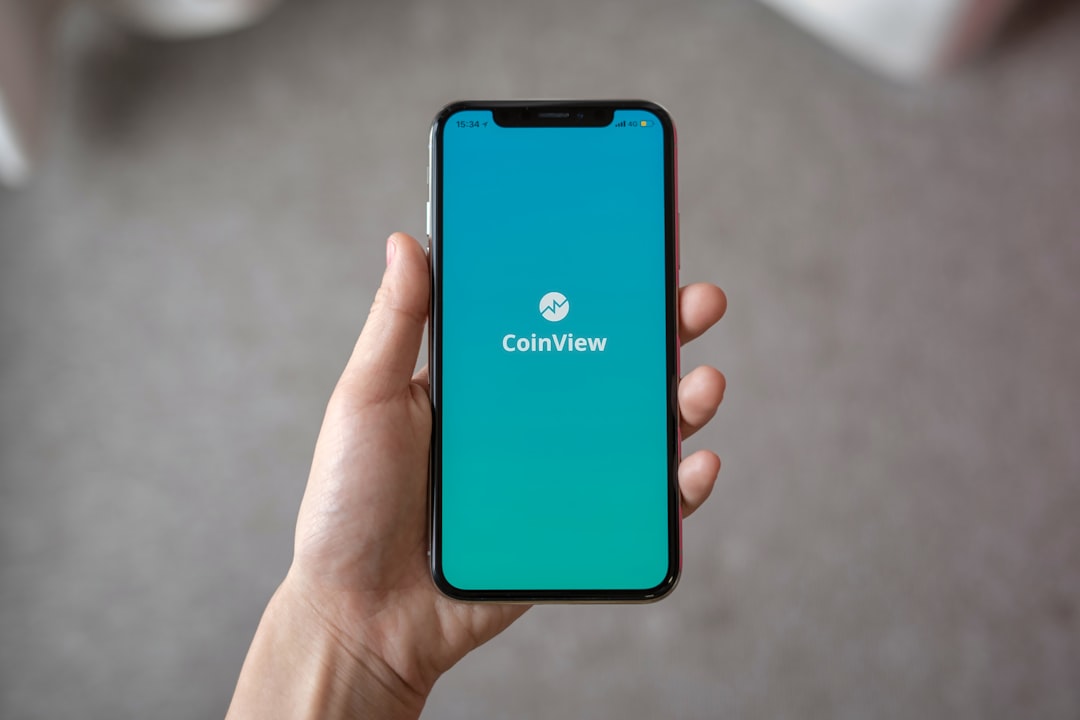Zombie debt, sold multiple times without regard to repayment ability, persists in New Hampshire due to lacking regulations. Without specific laws against zombie debt collection, residents face relentless pursuit from unscrupulous collectors causing stress and financial strain. In NH, robust consumer protection laws, including the stringent Do Not Call law, shield residents from aggressive debt collection practices. Law firms engaging in debt recovery, especially with zombie debts, must adhere to "Do Not Call" rules, respecting consumers' rights to opt-out of calls. Consumers have 30 days to validate and challenge debt claims under NH laws, with penalties for violations. The New Hampshire Attorney General's Office actively enforces these rules through investigations and legal actions against violators.
In New Hampshire, zombie debt collection refers to the persistent pursuit of debts that have been settled or are beyond the statute of limitations. This practice often involves aggressive strategies by collection agencies and law firms, leading to consumer confusion and distress. NH’s robust legal framework offers significant protections for consumers, including the Do Not Call rule, which limits communication from collection agencies. Understanding these laws is crucial in navigating debt collection claims and knowing when to challenge them.
Understanding Zombie Debt in New Hampshire

Zombie debt refers to debts that have been sold multiple times by creditors and collection agencies, often with little regard for the consumer’s ability to repay. In New Hampshire, these debts can persist despite the passage of time due to a lack of clear regulations on their collection practices. Without specific laws against zombie debt collection, consumers may face relentless pursuit from unscrupulous collectors, leading to unnecessary stress and financial strain.
Understanding zombie debt is crucial for folks in New Hampshire navigating their financial obligations. These debts often originate from small balances, such as medical bills or credit card payments, but through a series of sales and transfers, they can grow into substantial figures over the years. It’s essential for residents to know their rights and explore options like debt validation to ensure fairness and accuracy in the collection process, avoiding the trap of endless debt cycles.
Legal Protections for Consumers Against Unfair Practices

In New Hampshire, consumers are protected from unfair and aggressive debt collection practices by state laws designed to safeguard their rights. One significant regulation is the Do Not Call law, which prohibits debt collectors from contacting residents at unwanted times, including frequent or harassing phone calls. This law offers peace of mind, ensuring that citizens can enjoy a certain level of privacy and freedom from relentless pursuit by debt collectors.
Additionally, New Hampshire’s consumer protection laws empower individuals to challenge inaccurate or excessive debts. Consumers have the right to verify the validity of claims and dispute inaccurate information. By providing these safeguards, the state promotes fair dealing and ensures that debt collection activities remain within ethical boundaries, treating consumers with respect and dignity.
The Do Not Call Rule: What It Means for Law Firms

In New Hampshire, the “Do Not Call” rule is a significant regulation aimed at protecting consumers from unsolicited and disturbing phone calls, particularly those related to debt collection. This law has direct implications for law firms engaging in debt recovery practices. Law offices that handle zombie debt collection—the practice of pursuing debts that are often outdated or invalid—must adhere strictly to these guidelines to avoid legal repercussions.
Under the Do Not Call laws, law firms are prohibited from making phone calls to individuals who have registered on the state’s “Do Not Call” list. This list is a consumer’s right to opt-out of marketing and sales calls, and it extends to debt collection agencies as well. Law firms must obtain explicit consent before contacting a consumer regarding outstanding debts, ensuring that their practices are not only ethical but also compliant with New Hampshire’s regulations.
Validating and Challenging Debt Collection Claims

In New Hampshire, validating and challenging debt collection claims is a crucial step for consumers. According to state laws, debtors have the right to verify the legitimacy of any debt being collected within 30 days after receiving notice from a creditor or debt collector. This process involves requesting documentation that proves the debt’s existence and amount, ensuring that what’s being demanded is indeed what it appears to be. Without this verification, New Hampshire residents are within their rights to challenge the claim, preventing any further actions from debt collectors, who must adhere to strict rules, including the Do Not Call law, which restricts their communication methods.
Consumers should keep detailed records of all interactions with debt collectors, including dates, conversations, and any agreements made. If a debtor believes the claim is inaccurate or excessive, they can dispute it by sending a written notice to the collector, providing specific reasons for the challenge. This act triggers a series of obligations for the collector, who must investigate and verify the information before proceeding with collection efforts. New Hampshire’s laws are designed to protect consumers from fraudulent claims and abusive practices, ensuring a fair process for both parties.
Enforcement and Penalties for Violations of NH Law

In New Hampshire, the enforcement and penalties for violations of the state’s zombie debt collection laws are strictly regulated to protect consumers from aggressive or unfair practices. If a debt collector or agency fails to comply with the NH law, which includes provisions like obtaining accurate consumer information, providing proper validation of debts, and respecting consumer requests to stop calls, they can face significant consequences. These penalties may include civil lawsuits for damages, attorney fees, and injunctive relief to stop further violations.
The New Hampshire Attorney General’s Office plays a crucial role in enforcing these laws, investigating complaints from consumers, and taking legal action against violators. Consumers who believe they have been targeted by zombie debt collectors are encouraged to file a complaint with the Attorney General’s Office or seek legal advice to understand their rights and available remedies under NH law, specifically emphasizing the “Do Not call law firms New Hampshire” provisions.






